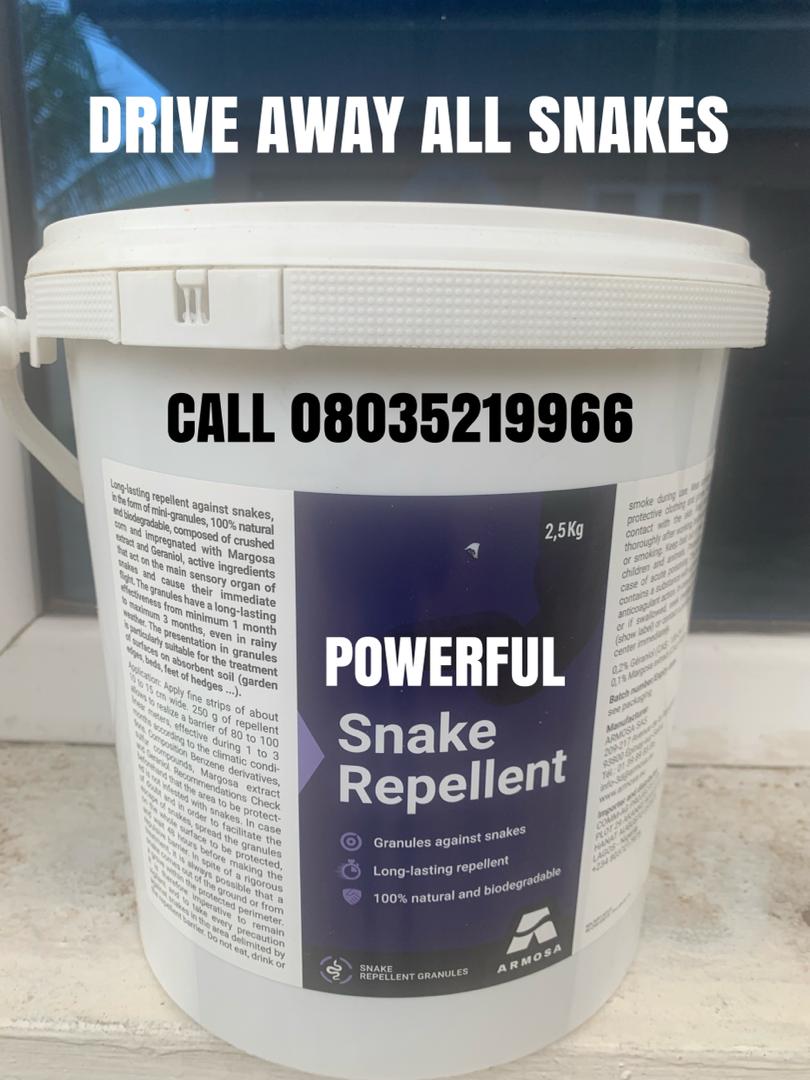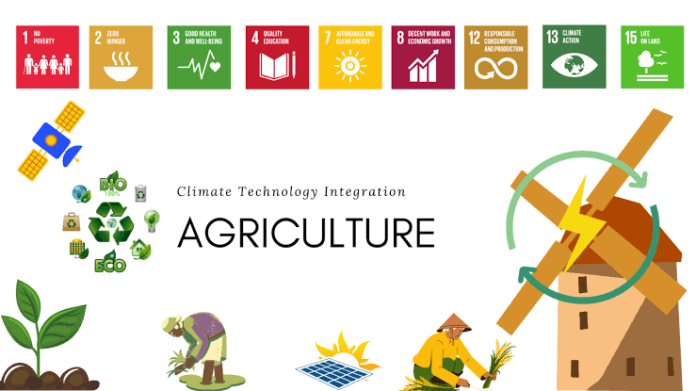 E- book offer of the day:
E- book offer of the day: 
 Poultry farming business report Volume 5
Poultry farming business report Volume 5
How to know genuine Agricultural experts
To identify genuine agricultural experts, consider the following factors:
 Learn More
Learn More1. **Credentials and Education**: Genuine experts typically have relevant degrees, certifications, or training in agriculture or related fields. Look for professionals with qualifications from reputable institutions.
2. **Experience**: Genuine experts often have years of experience working in agriculture, whether in research, practical farming, consulting, or teaching roles. They should be able to provide examples of their work and accomplishments.
3. **Knowledge Base**: Genuine experts have a deep understanding of agricultural principles, practices, technologies, and trends. They should be able to explain complex concepts clearly and provide evidence-based recommendations.
Invest in this knowledge-packed ebook promptly.  33 fundamentals for poultry layer production management
33 fundamentals for poultry layer production management
4. **Professional Affiliations**: Look for experts who are affiliated with reputable agricultural organizations, associations, or research institutions. These affiliations can indicate credibility and expertise within the industry.
READ ALSO How to know genuine Agricultural inputs suppliers
5. **Track Record**: Check the expert’s track record by reviewing their previous projects, publications, presentations, or contributions to the agricultural community. Positive feedback from clients or peers is also a good indicator of expertise.

6. **Problem-Solving Skills**: Genuine experts are adept at problem-solving and finding innovative solutions to agricultural challenges. They should demonstrate critical thinking, analytical skills, and a practical approach to problem-solving.
Invest in this knowledge-packed ebook promptly.  20 questions to ask your poultry farm manager everyday
20 questions to ask your poultry farm manager everyday
7. **Transparent Communication**: Genuine experts communicate transparently and honestly about their knowledge, capabilities, and limitations. They should be open to discussing various perspectives and considering different approaches.
8. **Continuous Learning**: Look for experts who actively engage in continuous learning and professional development within the agricultural field. This could include attending conferences, workshops, or pursuing advanced certifications.
READ ALSO 6 ways to produce quality chicken in your poultry farm
9. **References and Recommendations**: Ask for references or recommendations from other farmers, agricultural businesses, or industry professionals who have worked with the expert. Positive feedback and endorsements can validate their expertise.
10. **Ethical Practices**: Genuine experts adhere to ethical standards and practices in their work. They prioritize the well-being of farmers, sustainable agricultural practices, and environmental stewardship.
ATTENTION: Click “HERE” to join our WhatsApp group and receive More updates directly on your WhatsApp!
By considering these factors and conducting thorough research, you can identify genuine agricultural experts who can provide valuable insights, guidance, and support for your agricultural endeavors.
🧩CREATED BY DR JOSEPH DEJI-FOLUTILE















